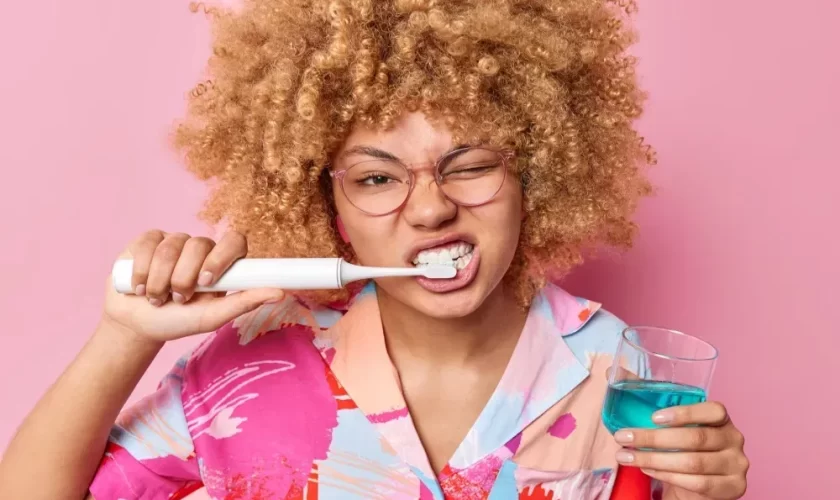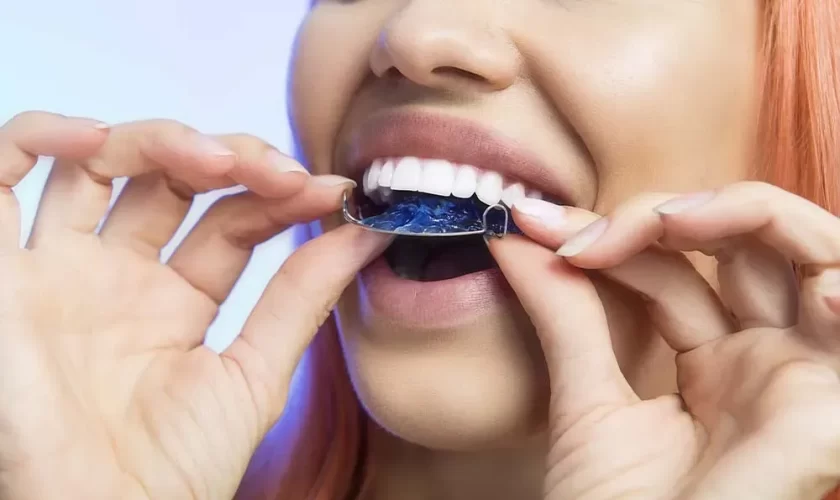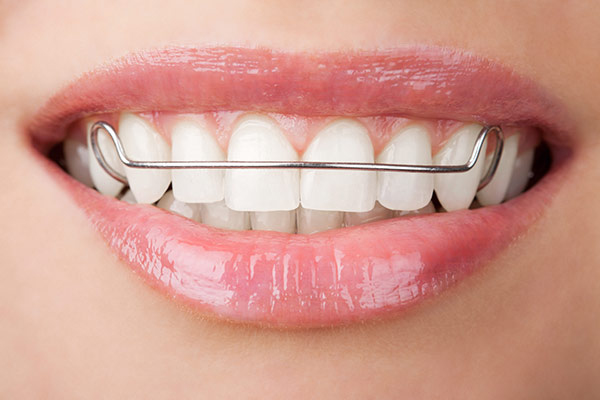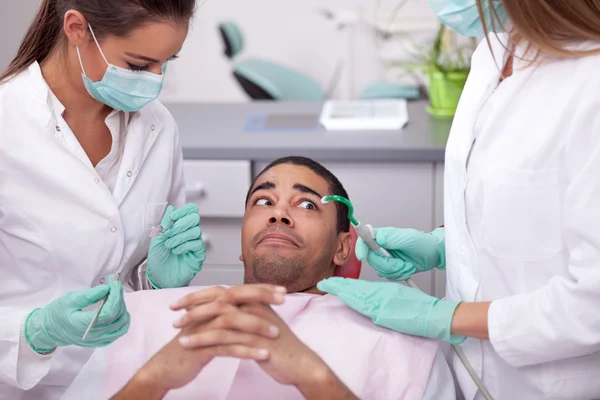Oral health and wellness is crucial to your overall health and well-being. A fresh, clean, healthy oral cavity will help boost your confidence and self-esteem. Following good oral hygiene practices can help you achieve a healthy oral cavity. Besides your regular toothbrush and paste, mouthwash is another essential cleaning aid to keep your oral health at par. It is a liquid solution used to rinse the mouth and teeth to reduce plaque, bad breath, and gum disease. It is an essential part of oral hygiene and can be used in addition to brushing and flossing. Let’s find out more about mouthwashes through this informative blog offered by the dentist in Atlanta.
What are the ingredients used in a mouthwash?
Ingredients in mouthwash include:
- Chlorhexidine: Antibacterial ingredient
- Fluoride: Strengthens tooth enamel
- Essential oils: Natural antibacterial agents
- Alcohol: Acts as a preservative
- Colorants: Added for color and appearance
What are the types of mouthwash?
Here are some common types of mouthwash:
- Antibacterial mouthwash: Contains ingredients like chlorhexidine to kill bacteria and germs.
- Fluoride mouthwash: Contains fluoride to strengthen tooth enamel and prevent decay.
- Natural mouthwash: Made with natural ingredients like essential oils and herbs, often without alcohol or artificial sweeteners.
- Alcohol-free mouthwash: Suitable for people with sensitive teeth and gums, or those who prefer a non-alcoholic option.
- Desensitizing mouthwash: Designed for people with sensitive teeth, containing ingredients like potassium nitrate to help reduce sensitivity.
- Anti-plaque mouthwash: Contains ingredients like cetylpyridinium chloride to help prevent plaque formation.
- Gingivitis mouthwash: Contains ingredients like chlorhexidine to help treat and prevent gingivitis.
- Tartar control mouthwash: Contains ingredients like pyrophosphates to help prevent tartar buildup.
- Whitening mouthwash: Contains ingredients like hydrogen peroxide to help whiten teeth.
- Essential oil mouthwash: Made with essential oils like peppermint, tea tree oil, and eucalyptus, often used for their antibacterial and anti-inflammatory properties.
Remember, always read the label and consult your dentist to choose the best mouthwash for your specific oral health needs.
What are the benefits of mouthwash?

Mouthwashes offer several benefits, including:
- Reduced plaque and gingivitis
- Fresh breath and reduced bad breath (halitosis)
- Gum disease prevention and treatment
- Tooth decay prevention
- Soothing mouth sores and gum inflammation
- Reduced gum bleeding and inflammation
- Antibacterial properties to combat harmful bacteria
- Fluoride content to strengthen tooth enamel
- Desensitizing properties to reduce tooth sensitivity
- Anti-tartar properties to prevent tartar buildup
- Whitening properties to remove stains and brighten teeth
- Natural ingredients for a more natural approach to oral care
- Alcohol-free options for sensitive teeth and gums
- Antibacterial properties to combat oral infections
- Reduced risk of oral diseases like periodontitis and cavities
How to use a mouthwash?
To properly use a mouthwash:
- Rinse your mouth with water to remove any loose debris.
- Pour the recommended amount (usually 1-2 tablespoons) into your mouth.
- Swish the mouthwash around your mouth for 30 seconds to 1 minute, making sure to reach all areas.
- Gargle with the mouthwash for an additional 30 seconds to reach the back of your throat.
- Spit out the mouthwash, do not swallow it.
- Do not rinse your mouth with water after using mouthwash, as this can dilute its effects.
- Use mouthwash after brushing and flossing for maximum effectiveness.
- Use mouthwash at the recommended frequency, usually 1-2 times a day.
- Choose a mouthwash that is alcohol-free or suitable for your mouth’s sensitivity level.
- Follow the instructions on the label and consult your dentist if you have any questions.
Conclusion
Mouthwash is a valuable addition to your oral hygiene routine, offering numerous benefits for your teeth and gums. It is not a replacement for regular brushing and flossing. By understanding the different types, ingredients, and proper use, you can make an informed decision about which mouthwash is best for you. Remember to always consult your dentist for personalized recommendations. Always choose a mouthwash that suits your specific needs.




